Evers, Palm Order Reduced Capacity at All Public Gatherings
Public gatherings will be reduced to 25% capacity as COVID-19 cases continue to spike.
October 6, 2020
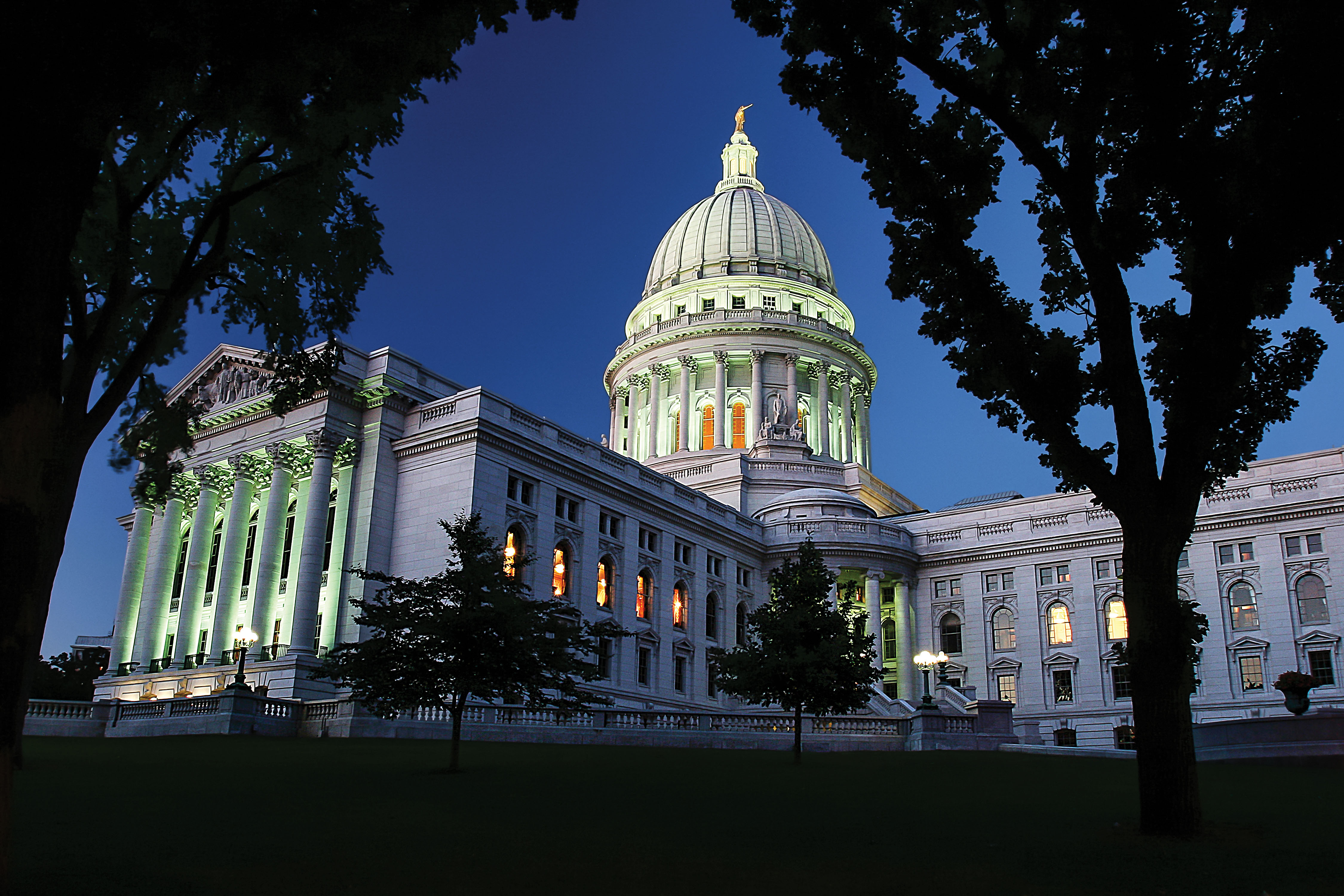
Wisconsin Capitol.
Gov. Tony Evers and health secretary Andrea Palm announced new restrictions on public indoor gatherings to combat the current spike in COVID-19 cases in Wisconsin.
The emergency order will go into effect Thursday at 8 a.m., and last through Nov. 6—coinciding with two incubation periods of the virus, according to the order.
The order reduces the capacity of indoor gatherings to 25% the capacity established by municipalities, or no more than 10 people for public gatherings in private residences. The order makes exceptions for schools, health care facilities and government offices.
The order also exempts polling places, as well as churches and political rallies protected under the First Amendment.
This comes as the state has had a 17% or higher positive test rate for more than a week, with more than 2,000 new cases and 18 new deaths recorded Tuesday.
“We’re in a crisis right now and need to immediately change our behavior to save lives,” Evers said. “We are continuing to experience a surge in cases and many of our hospitals are overwhelmed, and I believe limiting indoor public gatherings will help slow the spread of this virus.”
The new order also comes after the state Supreme Court struck down previous “Safer at Home” restrictions the governor put in place in the spring imposing restrictions on businesses and private gatherings.
The Supreme Court ruled that the state’s health department and health secretary needed to follow a rulemaking process, which involves legislative oversight, to impose stay-at-home orders.
The new order however, derives its power from an exception the Supreme Court carved out in its decision, according to Evers’ chief legal counsel Ryan Nilsestuen. The high court in a footnote allowed the state health secretary to continue placing restrictions on state schools in accordance with state statutes.
That provision in state law allows the health secretary to broadly “forbid public gatherings in schools, churches, and other places to control outbreaks and epidemics.”
Because of the “public gathering” provision in the law, private gatherings—which includes office spaces and invite-only gatherings in private residences—are unaffected by the order.
Nilsestuen also specified that because the order comes from state law, it is unaffected by litigation surrounding the governor’s mask mandate, which was derived from Evers’ public health emergency declaration. Conservative groups are challenging the current emergency declaration, which they said is an illegal extension of the August order that expired at the end of September.
The Legislature could also convene to end the governor’s emergency declaration early, but has not met since the spring.
“The state does have to lead on this, and the Legislature can come into session anytime they want to,” Evers said. “If they did that’d be great, we could hear what their plan is.”
Nilsestuen said the order will be enforced through civil forfeiture or possible imprisonment, which will be up to local law enforcement officials to police. He added that the fines are separate from criminal penalties, which was a complaint of plaintiffs in the suit that struck down the “Safer at Home” order.
When asked about the possibility of litigation, Nilsestuen said he believed the order would likely be challenged, but believed the order had a good chance of surviving a legal challenge.
Assembly Speaker Robin Vos weighed in Wednesday on the governor’s decision, asking Evers and Palm to follow the rulemaking process that provides for legislative oversight.
“We must work together in order to keep our businesses open and our citizens safe,” Vos wrote in a statement. “We would like to request a meeting with the governor as soon as possible to discuss answers to deal with the virus, especially solutions that don’t result in families going bankrupt and thousands being added to the unemployment lines.”
The move also drew sharp criticism from conservative Sen. Steve Nass, R-Whitewater.
“Today’s mass gathering order is the first attempt at creating shutdown conditions in Wisconsin. If Evers and Palm are not stopped now, the damage to Wisconsin families and businesses will lead to irreversible social and economic consequences,” Nass said in a statement.
“For the fourth time, I am calling on Speaker Robin Vos and Senate Majority Leader Scott Fitzgerald to immediately call the Legislature back into session to pass a joint resolution ending Governor Evers’ illegal and unnecessary emergency declaration.”
This story was updated to include comment from Assembly Speaker Robin Vos and Sen. Steve Nass.
 Passport
Passport




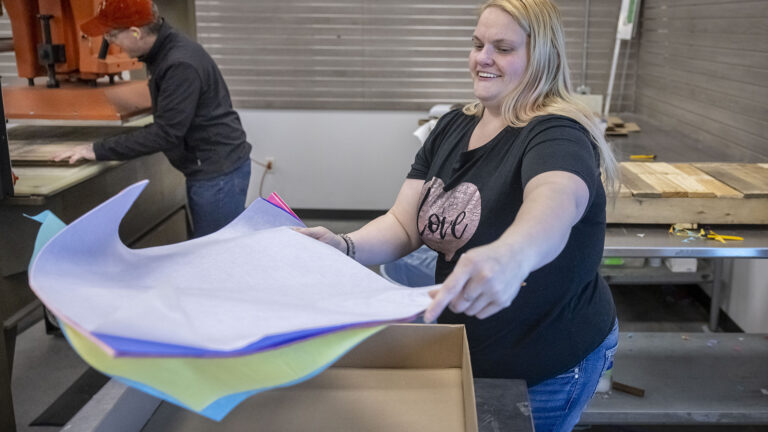
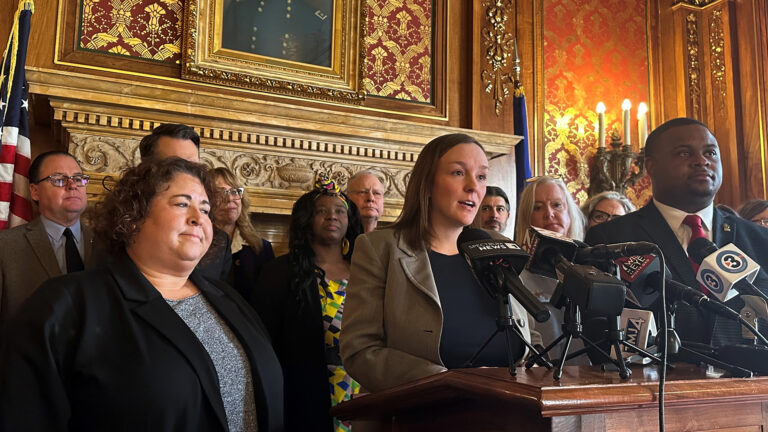
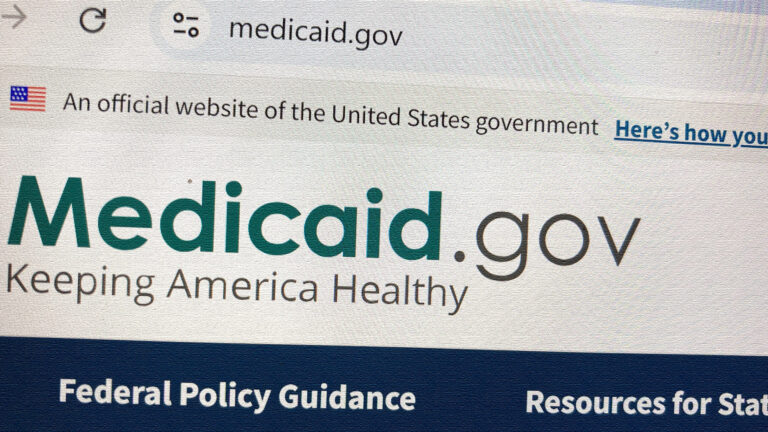
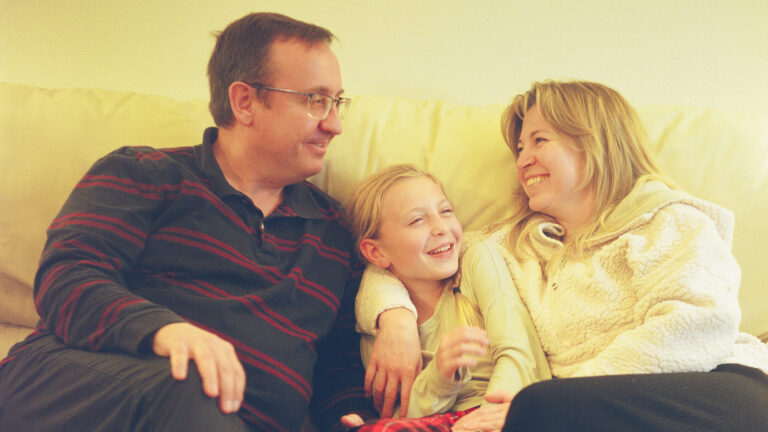
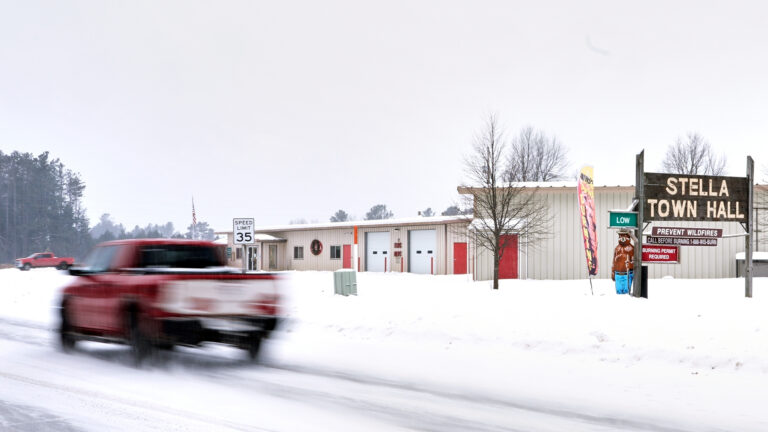
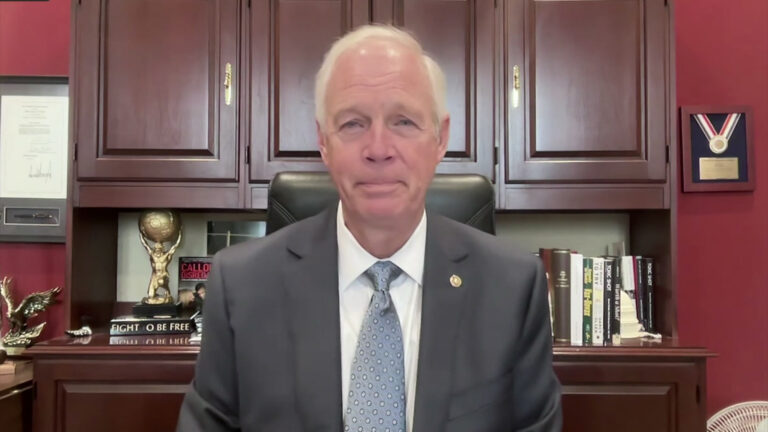

Follow Us